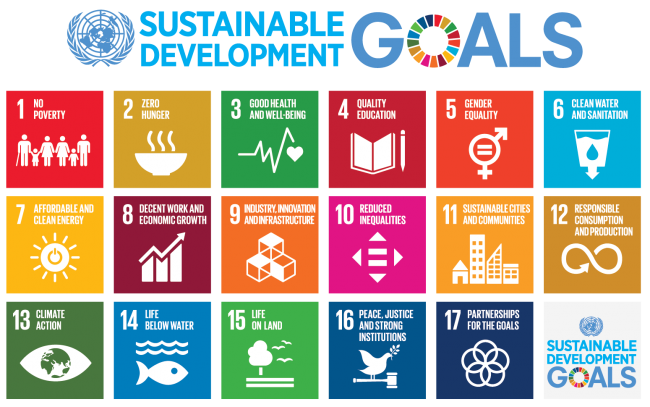As Congressional Democrats promote their climate crisis action plan, BIO is pointing to the role of biotech innovation in achieving the goals of cleaner air, healthier soils, improved human health, and a strengthened bioeconomy.
The 547-page report released June 30 by the House Select Committee on the Climate Crisis is being presented as a roadmap for a clean energy economy. Its recommendations include climate solutions that biotechnology can bring to the table across many sectors – from transportation, to agriculture, to manufacturing – as BIO proposed in comments to the committee last year, including:
- accelerating the use of zero-carbon energy sources;
- enhancing human health by reducing greenhouse gas emissions;
- coordination of programs in sustainable chemistry;
- promoting sustainable farming practices that protect soil, air, and water quality;
- making food crops more resilient to extreme weather such as drought; and
- building a durable clean energy economy.
Among the specific recommendations are top BIO policy priorities such as building off of the Renewable Fuel Standard (RFS) with a National Low Carbon Fuels Standard, tax incentives for Sustainable Aviation Fuels, and a performance standard for renewable chemical manufacturing.
“Biotech companies that develop and manufacture sustainable fuels and other biobased products are helping to decarbonize the transportation and manufacturing sectors, reducing air pollution, mitigating other harmful environmental impacts, and improving public health,” says Stephanie Batchelor, vice president of BIO’s Industrial and Environmental Section.
“A national low carbon fuel standard can build off the worthy intentions of the RFS,” adds Batchelor. “We’ve seen how such policies implemented at the state level at BIO’s urging have invigorated the use of clean fuels and helped to achieve a reduced climate footprint.
And the report’s recommendation for reducing petrochemical emissions can be met with the production of renewable chemicals and biobased products.”
This article, Biotech Paves Way to Greener Future, points out that “biotech innovations are vitally important, not just for preventing deadly climate disruption, but for achieving the UN Global Goals.”
Writing for Innovators Magazine in 2018, Joanna Dupont-Inglis, EuropaBio Deputy Secretary General said:
“Companies focusing on industrial biotechnology (IB) and bioeconomy are contributing towards achieving 11 out of 17 SDGs, enabling smarter and more efficient use of precious natural resources, developing renewable alternatives to traditional fossil-carbon products, helping to mitigate the impacts of climate change, reducing energy consumption and man-made emissions to soil, air, and water.”
The Congressional Action Plan report also recognizes the need to develop cost-effective, scalable methods to measure and quantify carbon sequestration and greenhouse gas reduction on farms and ranches, and study the feasibility of developing a federal tax credit to incentivize carbon sequestration and abatement on farms. Other recommendations include the need for biology-based tools to enable agriculture to adapt and be part of the solution to climate change such as the development of feed additives.
The committee says the report, “Solving the Climate Crisis: The Congressional Action Plan for a Clean Energy Economy and a Healthy, Resilient, and Just America” lays out “detailed, ambitious and actionable climate solutions that Congress should enact to benefit American families in communities across the nation.”
“BIO appreciates the committee for recognizing the role that clean energy, green manufacturing and agricultural innovation play in mitigating climate change, protecting human health and bolstering a biobased economy,” said Batchelor.
“As the committee and Congress work to address climate change, we believe the inclusion of pro-innovation policies and technologies will help expand American leadership in this space, reduce our dependence on foreign sources of supply and demand, and reinvigorate rural and other economically struggling communities across the United States.”
See our infographic to learn more about how the next generation of biofuels are decarbonizing transportation and the policies that BIO supports.






.jpg?itok=5epg0qxZ)















.png)


